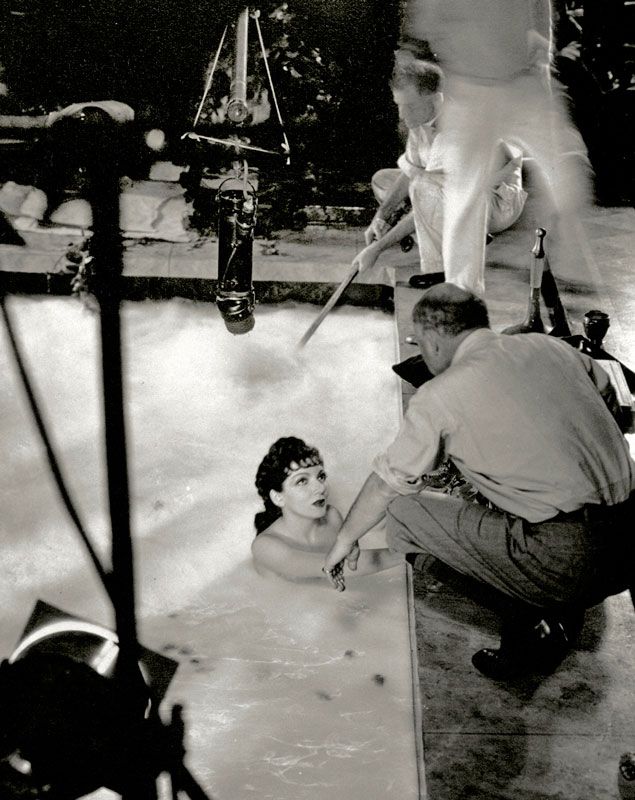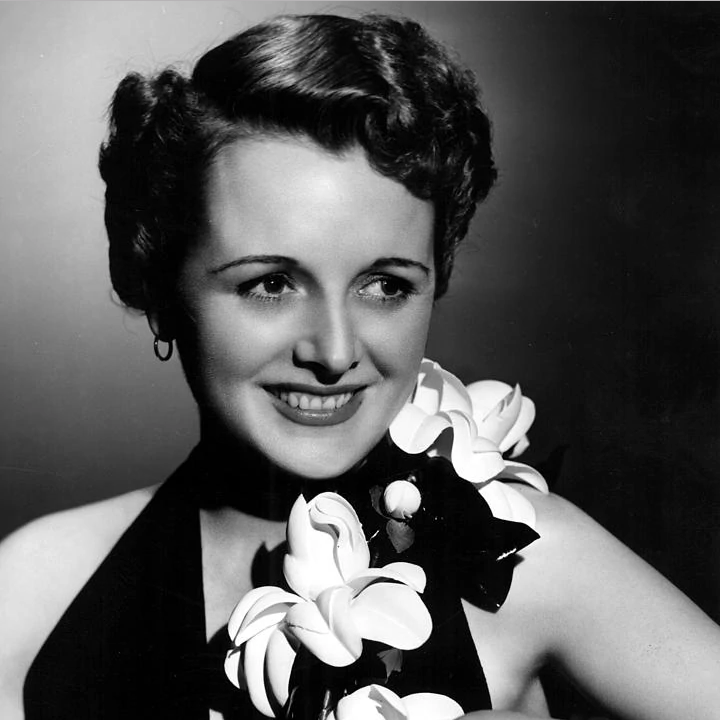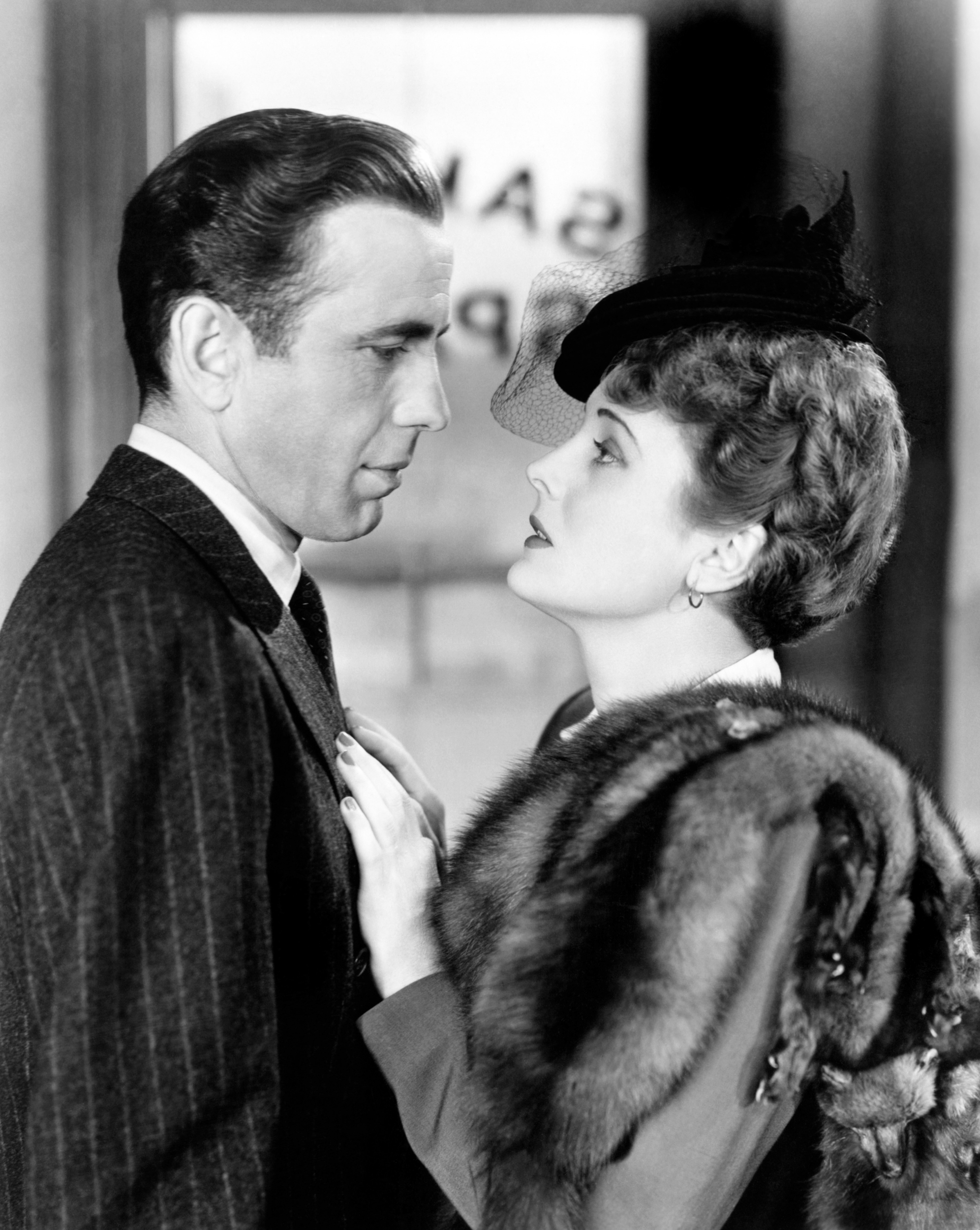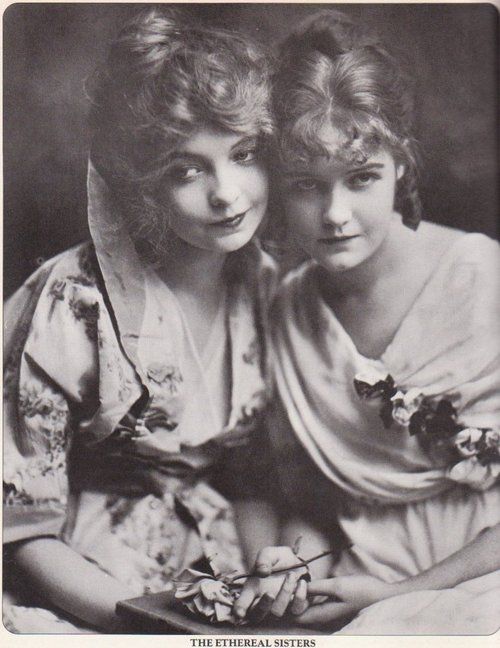Listen to this episode on Apple Podcasts and Spotify.
The bisexuality of Marlene Dietrich was not exactly a secret in 1930s Hollywood -- in fact, her ambiguous sexuality was part of her on-screen brand. But there is some debate as to who Dietrich counted among her lovers, and which of her fellow stars participated in what has been called the “sewing circle” of female intimacy. Anger alleges that Dietrich had a “passionate affair” with Claudette Colbert, an Oscar-winning actress with an extremely heteronormative persona. We’ll explore what was going on in Dietrich’s life and career around the time when this affair could have taken place, and then delve into Colbert’s image as a very different kind of on-screen sex symbol, and her complicated off-screen personal life.
SHOW NOTES:
Sources:
Hollywood Babylon by Kenneth Anger
Von Sternberg by John Baxter
The Girls by Diana McLellan
Dietrich and Riefenstahl by Karin Wieland, translated by Shelley Frisch
The Shocking Miss Pilgrim by Frederica Sagor Maas
Behind the Screen: How Gays and Lesbians Shaped Hollywood 1910-1969 by William J. Mann
“A Perfect Star” by Amy Fine Collins, Vanity Fair, April 2000
“Claudette Colbert Career & Lesbian Rumors: Q&A with Veteran Author James Robert Parish”
by Andre Soares, Alt Film Guide
“Mrs. Riza Sternberg Denies Charges of Marlene Deitrich” Lebanon Daily News, August 10, 1931
“$600,000 Balm Suits Accusing Marlene Deitrich” The San Francisco Examiner, August 8, 1931
“Over the Coffee” by H.S.M. The Des Moines Register, August 1931
“New York Courts get Movie Triangle” Chicago Tribune, September 1931
Music:
The music used in this episode, with the exception of the intro and outro, was sourced from royalty-free music libraries and licensed music collections. The intro includes a clip from the film Casablanca. The outro song this week is “Secret Garden” by Madonna.
Excerpts from the following songs were used throughout the episode:
Yellow Leaves 5 - Peter Sandberg
Club Noir 2 - John Allen
City Fashion 3 - Björn Skogsberg
Tomorrow I'll Be Gone - Franz Gordon
The Piano And Me 3 - Peter Sandberg
Some Autumn Waltz 1 - Jonatan Järpehag
In The Lounge 05 - Lars Olvmyr
In The Lounge 02 - Lars Olvmyr
A Playful Mood 2 - Peter Sandberg
Goofy Moments 3 - Magnus Ringblom
Eventually Maybe - Oakwood Station
Secret Garden - Madonna
Credits:
This episode was written, narrated and produced by Karina Longworth.
Editor: Cameron Drews.
Research and production assistant: Lindsey D. Schoenholtz.
Social media assistant: Brendan Whalen.
Logo design: Teddy Blanks.















